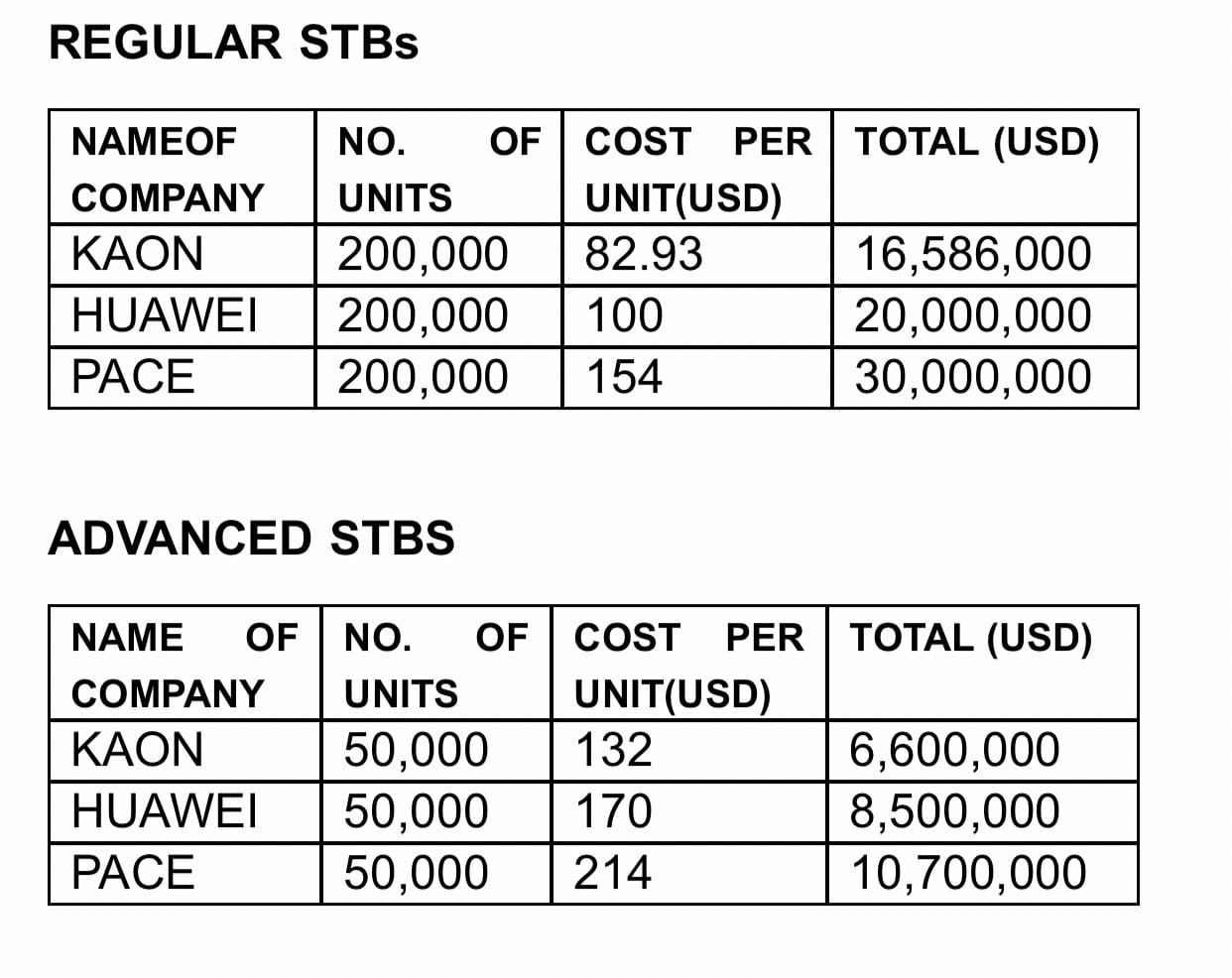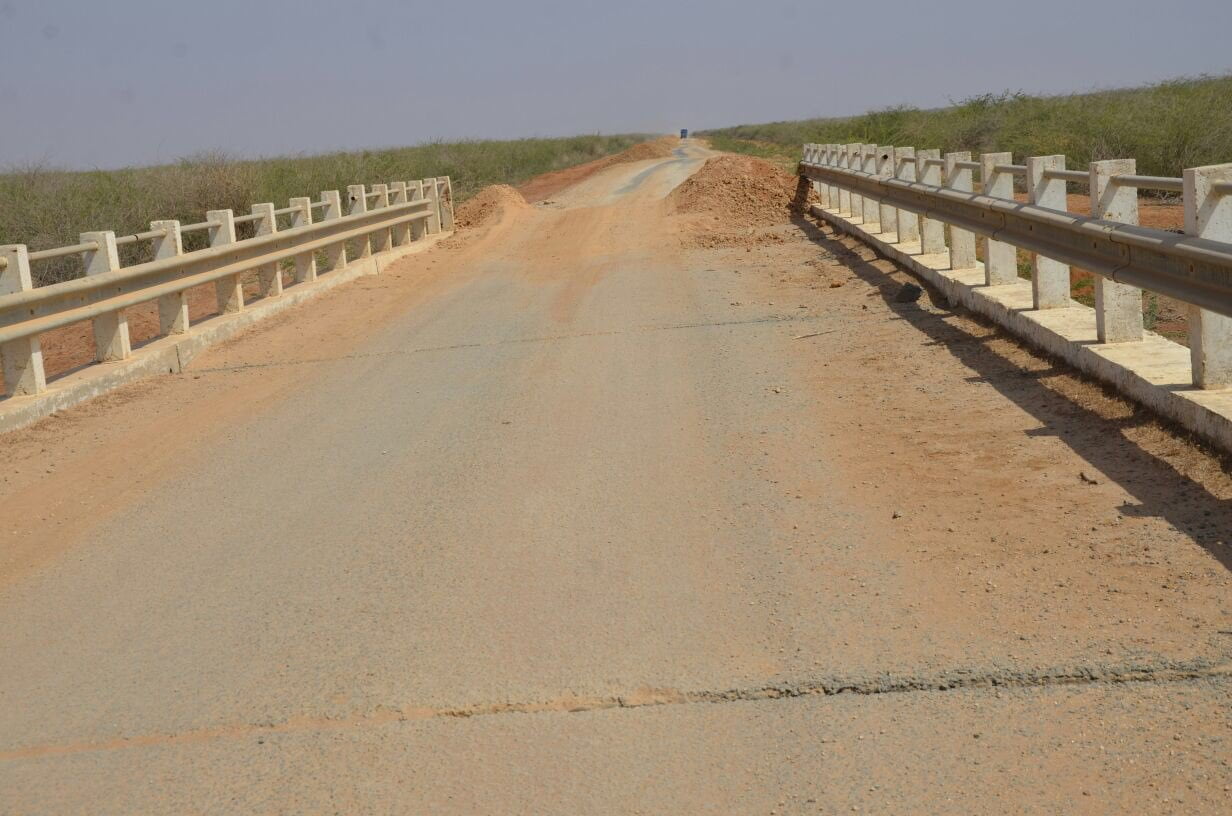Scanning through the pages of the KPMG confidential report and reading the mainstream media analysis of it subsequent to its ‘leakage’, you get the feeling that there is an attempt to shield Safaricom and the general public from each other.
Obviously self-preservation in a fast changing media industry is a strong motivator for the media considering the media buying spend available for the marketing juggernaut – Safaricom.
So, the gullible consumers of news continue to rationed despite the fact that they are also the buyers of media, they are the shareholders of media companies and more importantly shareolders of Safaricom.
Someone f*cking gets to decide what is palatable for your media consumption and what isn’t, based on commercial interest of the time.
Without serious and incisive coverage of such reports, how will the next Safaricom Finance Officer know that the public company isn’t his/her personal playground?
Enough with the rant….Let us focus on the word ‘opportunity’.
Every time a new law is crafted and enacted, especially in Kenya, it creates an opportunity for corruption. This is simply because a means has to be found to circumvent these laws and regulations. These laws create watchdogs to enforce themselves and these must be fed regularly if they are to look the other way.
Since the path of least resistance is what makes both men and river crooked, the system of laws and corruption perpetuates itself. This could be the reason that USA forsaw this scenario and included the principle of ‘limited government’ in their constitution. Red letter day!
Communications Authority of Kenya had announced clear deadlines for migration from analog to digital television. After all the shenanigans of court injunctions, political posturing and even withdrawal of service by the big broadcasters, the day finally came.
Inside Safaricom, some guys had honestly seen the opportunity made evident by Wananchi Group and with their ‘Zuku triple play’ decoders that allowed customers to watch both Free-to-Air and PayTv but also gave them unlimited internet browsing in the comfort of their homes on a single package.
Safaricom probably calculated that they could upstage the market with their own branded Set-Top-Box (STB) and mop up the remainder of the middle and upper class end of the urban market. Their STBs were never meant for the mass market.
The only handicap Safaricom probably had was that despite being the biggest regional business entity, Television content production was never their business, therefore they had to ensure that majority of the free-to-air television stations were available on their STBs.
Eventually, Safaricom launched the high profile Big-Box STB into the market.
By August 2015 however, Safaricom was forced to suspend and recall its Big-Box STBs due technical problems occasioned by “Wi-fi function NOT being strong enough to support indoor internet access”.
How did this mother of all f*ck-ups really occur? The KPMG report gives us a behind-the-scenes expose on how some greedy individuals saw an opportunity and decided to cash in on it. As with any such scenarios, weak systems and even weaker men meet at a certain point, a potent mix of the silly season and outright greed.
The procurement of the STBs was the by-product of a tender sourcing report by what is referred to as a “cross-sectional team with representations from Technology and Consumer business units”. It would good to note that the names of the members of this committee were deliberately withheld from the auditors, showing how high up the chain this rotten strand must have gone.
We have previously seen how Safaricom insiders use such ad hoc committees to sanctify their procurement actions. The only reason the names of the ‘steering committee’ in the ONE CAMPUS fiasco ever surfaced was because Safaricom CEO Bob Collymore sat on it, and some guys wanted to use this to shield themselves.
After the initial process and technical evaluations of interested suppliers, the following companies were shortlisted in order of their technical capacity to deliver a functional STB.
(1) Altech (2). ABD (3). Huawei (4). Kaon (5). Humax (5). Pace
Reasons had to be found to disqualify the strongest technical contenders from the race, the ad hoc committee already knew who they wanted for the contract. Obviously, these companies would probably be able to match their technical capacity with sound financials, so extraneous reasons had to be CONCOCTED.
In order to disqualify the 1st ranked company in the shortlist – ALTECH- it was decided that because they had previously had some engagement with competitors Kenya Data Network (now Liquid Telcom) they could not be a ‘suitable strategic partner’!!!!
We can clearly see what Safaricom holds dear, given the choice of giving its clientele a wonderful product, some obscure business relationship with an even obscurer competitor would rank higher than actual capability to deliver.
The 2nd ranked company based on technical capability –ADB – was locked out under the pretext that they were “unwilling to embed a 3G/4G module into the STBs, instead preferring to have an external dongle for this. This technical detail was said to be mandatory for Safaricom.
ADB therefore takes the medal for being the only company in the Universe that would be unwilling to bend over backwards in the interest of a big client and big business. Please note the sarcasm…
With these two out of the way, the ad hoc and shadowy tendering committee moved to phase two (2) of considering the remaining companies on the basis of the quotations they would give.
Safaricom wanted two types of STBs – a standard/regular STB and an advanced STB.
When the quotes came in, these were the rankings based on cost.
Thus, based purely on cost, KAON entered into a contract with Safaricom for the supply of 250,000 Set-top-boxes on 1st December 2014.
As happens in many such cases, the shadowy companies with insider connections, are created to rip-off the system and make a quick killing. Usually don’t have the capacity to deliver on the contract and most times cut corners to maximize on their profits.
KAON despite having a valid contract for 250,000 STBS was only able to deliver 20,000 STBs (would you believe these nutters?) and these were the units that backfired in the market. Altech and ADB must have been softly laughing in the corner somewhere, in fact had probably foreseen this would happen.
For some reason, Safaricom re-launched the Big Box STBs in November 2015 with a 50% price slash. This doubled uptake of the STBs from 1500 units to 3000 units. This was probably an attempt to kill the dead stock they were stuck with by KAON who by now had been paid for the STBs.
To illustrate the level of impunity within the company and the big F*ck you to Kenyan consumers and shareholders, Safaricom paid USD. 1,665,422 to KAON. The contract given to KAON was for USD 23.8 Million for 250,000 STBs, training and support. This just goes to illustrate the level of incompetence at play here.
Finally, clause 7.1 of the contract with KAON stipulates that all invoices raised by a supplier MUST state the PO (Purchase order) number to which the invoice relates.
The invoices raised by KAON were received on 17th March 2015, while the POs were raised a month later on 17th April 2015. Therefore, without a PO number, KAON managed to get payment for their delivery of reject STBs. Absolute insider operation.
Are these guys still in the employ of Safaricom? Is Bob Collymore still its CEO and still living in Kenya. We would only assume that this can only happen in his absence, and upon discovery, wouldn’t he be spirited away from this country? No wait! He married a local lass, probably has Kenyan citizenship to boot.























































